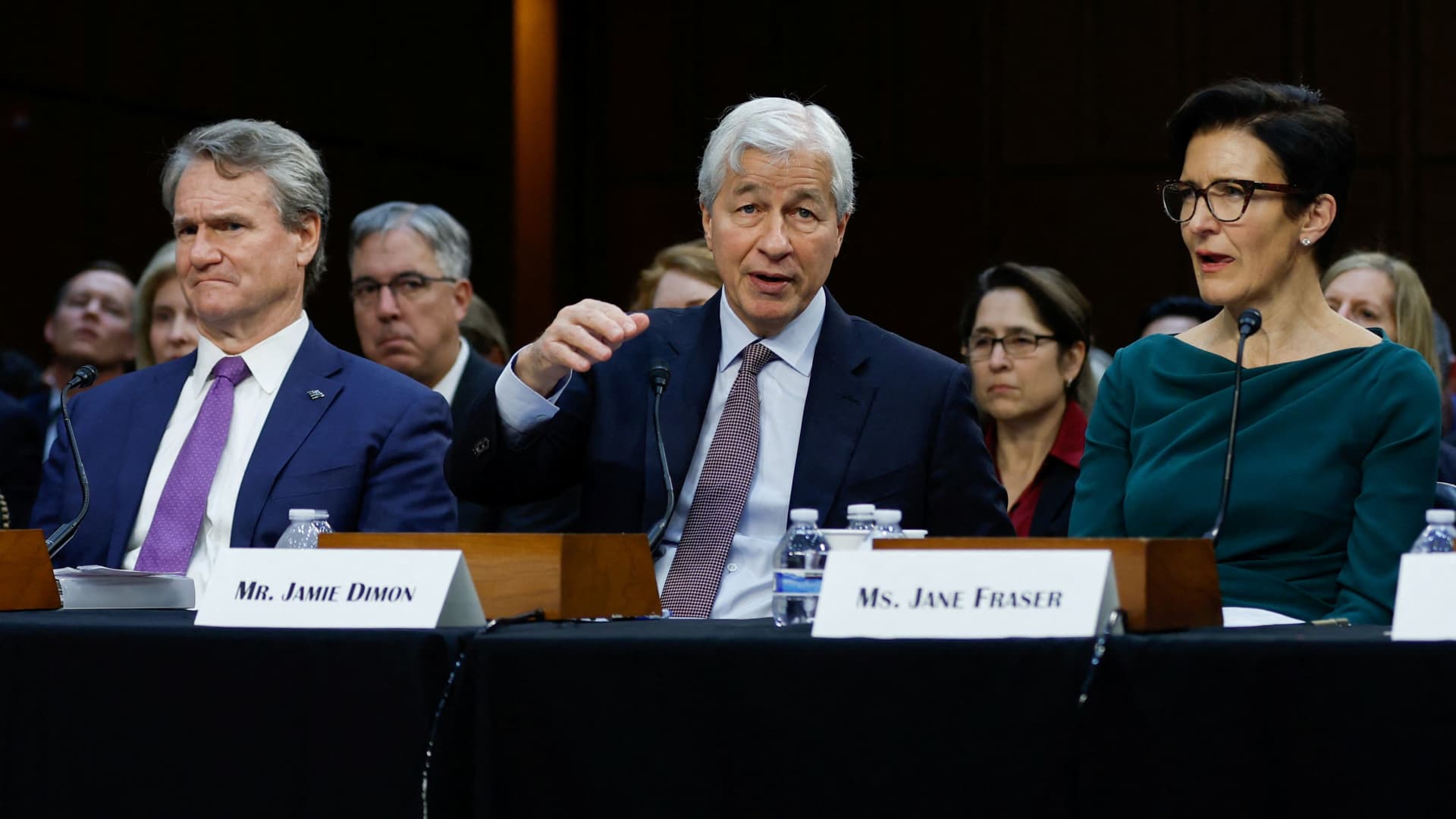About 8 million Americans rely on federal benefits that provide income to the elderly, blind and disabled who have little or no income or resources.
Yet the program — Supplemental Security Income, or SSI — has not been updated in about 40 years.
A bill called the SSI Savings Penalty Elimination Act has been proposed in both houses of Congress to raise the program’s asset limits to $10,000 for individuals and $20,000 for married couples and index them to inflation.
More from Personal Finance:
IBM to end 401(k) match, offering a hybrid plan
Investors in money market mutual funds could see a higher tax bill
Not saving in your 401(k)? Your employer may re-enroll you
Lawmakers and Wall Street executives talked about the program during Wednesday’s Senate Banking Committee hearing.
“We have employees who don’t want us to increase their salary because if it goes over a certain amount, they can’t get that benefit which they’re entitled to,” or they can’t have assets over a certain amount, J.P.Morgan Chase CEO Jamie Dimon said.
“This definitely should be fixed,” Dimon said.
Current SSI asset limits ‘lock people in poverty’
Current SSI asset limits are extremely low — $2,000 for individuals and $3,000 per couple. Those thresholds apply to all kinds of assets, including cash, bank accounts, investments and household goods. Beneficiaries who go over the limits are suspended or terminated.
“The problem is SSI’s eligibility rules haven’t been updated by Congress — that’s on us — in 40 years,” Sen. Sherrod Brown, D-Ohio, said during Wednesday’s Senate Banking Committee hearing with leaders of Wall Street firms.
“They are now so outdated they lock people in poverty,” Brown said.
Experts from the Bipartisan Policy Center, Center on Budget and Policy Priorities and Century Foundation have called the program’s rules the “most regressive, anti-saving provisions in federal law.”
Other Wall Street executives show support
Wells Fargo & Co. CEO Charles Scharf indicated the firm would be open to looking at the reform proposal.
“It sounds like something we would be willing to support,” Scharf said. “We would like to take a look at it.”
Citigroup CEO Jane Fraser said she supports the proposed changes “fully and wholeheartedly.”
All of the other Wall Street executives present affirmed their support, including Bank of America CEO Brian Moynihan, State Street CEO Ronald O’Hanley, BNY Mellon CEO Robin Vince, Goldman Sachs CEO David Solomon and Morgan Stanley CEO James Gorman.
To be sure, it will take Congress’ vote to push the changes through.
Senate lawmakers who support the bill have vowed to attach it to any piece of moving legislation, Rebecca Vallas, a distinguished fellow at the National Academy of Social Insurance, noted during a recent presentation of the nonprofit organization’s recent task force report.
“This is something that needs to happen, not just to support workers, but also to remove barriers to economic growth,” Vallas said.
Moreover, “huge numbers of employees” cannot participate in a 401(k) plan or cannot take raises because of SSI’s current asset limits, she said.
